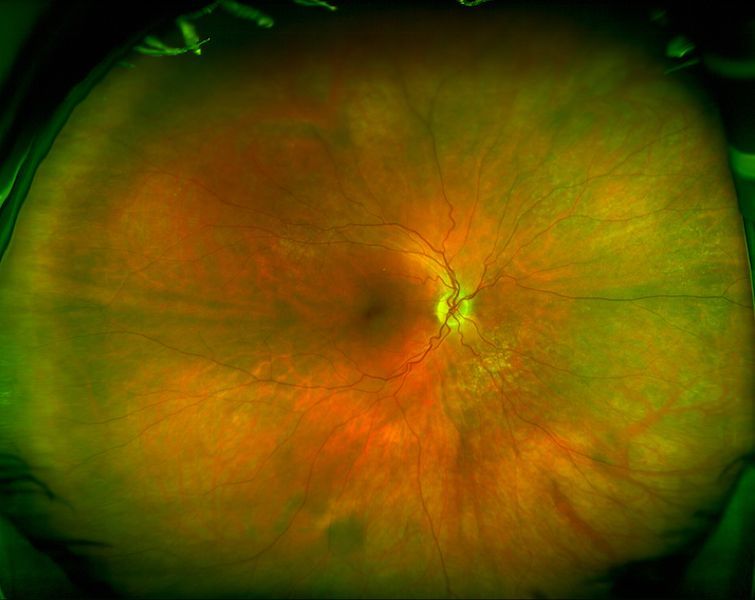
Outcome: a permanent 20% increase in yield in a major component in Optos systems
- This project was delivered over 15 months between 2014 and 2015
Optos is a leading medical technology company specialising in the design, development, manufacturing, and marketing of devices to eyecare professionals for improved patient care. Optos’ core devices produce ultra widefield, high-resolution digital images of over 80% of the retina, something no other device is capable of doing in any single image. The images of the retina provide clinical information which facilitates and enhances the early detection, management and treatment of a wide range disorders and such as retinal detachments and tears, glaucoma, diabetic retinopathy and age-related macular degeneration.
This project offered solutions to enhance quality assurance (QA) procedures for the company’s ophthalmoscopes. Current QA relies on highly-specialised staff carrying out manual inspections, which limits the number of images that can be processed in a day, and occasionally can be subject to conflicts in judgement. Automated testing would improve Optos’ QA procedures to identify imaging issues earlier in manufacturing, leading to significant cost savings for the company.
Drawing upon the University of Glasgow’s expertise in Bayesian data analysis, combined with Optos imaging expertise, the project aims to enhance the Optos QA process through the development and implementation of an automated image artefact detection scheme that will flag potential faults during the manufacturing process. An earlier, smaller, project between Optos and the University’s Institute for Gravitational Research for the detection of known image artefacts provides the framework for this project.
Optos has the potential to make significant savings by adopting new automated QA processes during the manufacturing process. Additionally, the solution developed to address this technical challenge can have applications beyond Optos ophthalmoscopes. A generic image-quality algorithm is relevant to a wide range of application areas including earth-observation (radar-imaging and satellite-imaging), medical imaging (brain, cardiac and full body scans), the food and drink industry (hyperspectral and microscopy), and possibly the defence sector.
In November 2017, Dr Jano van Hemert, Imaging Research Manager at Optos stated that this collaborative project had resulted in a permanent 20% increase in yield in a major component in Optos systems.
Read more
- Take a look at this graphic about the project.